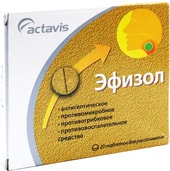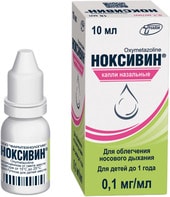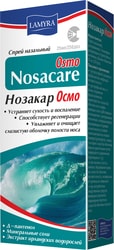Description: Hemlock oil, a potent extract from the poisonous hemlock plant (Conium maculatum), is traditionally used for external applications. This oil, often infused in grapeseed oil, contains alkaloids like coniine, offering potential analgesic, anti-inflammatory, and cytostatic properties. While historically used in folk medicine for various conditions including cancers of the uterus, ovaries, rectum, bones, and other organs, and for fungal infections, it's crucial to understand that hemlock is highly toxic and must only be used externally as directed by a healthcare professional. This oil is not for internal consumption and should be kept away from children and pets. Learn more about its traditional applications, usage instructions, and essential precautions.
Hemlock oil, derived from the poisonous hemlock plant (Conium maculatum), offers a complex blend of compounds with potential therapeutic applications, primarily for external use. The oil, frequently prepared by macerating the herb in grapeseed oil, contains a significant concentration of alkaloids, notably coniine, methylconiine, and conhydrine. These alkaloids are responsible for the plant's potent medicinal properties, historically attributed to analgesic, anti-inflammatory, and cytostatic effects. The oil also includes fatty acids like glycerides of neotrozelinic and neotrozelic acid.
Traditional folk medicine practices have explored the use of hemlock oil for various conditions, particularly those involving pain and inflammation. External applications have included:
Hemlock is a highly poisonous plant. Hemlock oil is for external use only and should never be ingested. Keep out of reach of children and pets. Do not use on children under the age of nine.
Always consult a qualified healthcare professional before using hemlock oil. This information is for educational purposes only and does not constitute medical advice. Self-treating with hemlock oil can be dangerous and should only be considered under the strict guidance of a healthcare professional who is familiar with its use and risks. Individual responses to hemlock oil can vary significantly.





